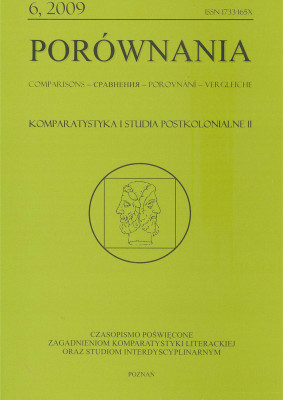Humanism, Philology and Imperialism
The text monitors the reception of Edward Said’s Orientalism paying special attention to interpretative shifts which, according to the author, falsify the initial sense and obscure the original context of the work’s creation. On the basis of other texts of Said, especially The World, the Text and the Critic, the author calls into question the relation of Orientalism with postcolonial studies and, in a wider context, with poststructuralism. He perceives the popularity of Western European poststructural thought at American universities in the late 80s and early 90s as a symptom of a rebirth of an oppressive theoretical empire of the American academic thought. The ideas of postcolonialism combined with superficial American pluralism hackneys the issue of discrimination and intolerance by means of racial and phenomenological confluence of the Other. Said, as a politically engaged researcher, has criticized poststructuralists on a number of occasions, especially Foucault, for diverging from a real interest in imperial discourse to an analysis of the speaking I. The origins of Orientalism are rooted in Vico and Auerbach’s thought who, like Said, create models of philological humanism. Its topic is not the discourse but the institution which gathers information. This institution is a university in the service of the empire which plays its role both in the colonial times as well as in the second half of the 20th century.
| Article Title | Type | Size |
|---|---|---|
| 6 1 Brennan T. Humanizm filozofia i imperializm | [pdf] | [372 KB] |
